The Fourth Temple (also known as the Fourth Temple) is located in Tuong Thuy 2 village, Trac Van commune (Duy Tien) and is a historical relic commemorating the events of Duy Tien town. This is where the first Indochinese Communist Party cell of the town was established.
Through studying the history of the relic, it is known that in the mid-20s of the 20th century, the patriotic movements against French colonialism and for national independence of our people arose vigorously throughout the country. From subjective and objective needs, on June 17, 1929, the elite delegates of the grassroots party organizations in Bac Ky met and decided to establish the Indochinese Communist Party. On June 19, 1929, the Indochinese Communist Party of Nam Dinh was established. In October 1929, the Indochinese Communist Party of Nam Dinh sent comrade Le Cong Thanh to Ha Nam to establish a Party cell.
In early November 1929, comrade Le Cong Thanh went to Duy Tien to meet comrade Nguyen Doan Chap, who was teaching in Tuong Thuy, and comrade Nguyen Huu Tien, who was teaching in Lung Xuyen village, to discuss the organization of the establishment of the local Indochinese Communist Party cell. With a very favorable location as a secret headquarters, the Tong Su school (also known as Van Tu Tuong Thuy) was located in the grounds of De Tu temple, conveniently located next to the village road intersection, with dense trees; when there was a disturbance, people in the school could climb over the wall to run to the houses of the people or follow the canal to escape to the fields.
At the selected location, in early November 1929, the first Indochinese Communist Party cell in Duy Tien district was established. The cell consisted of 6 members: Nguyen Huu Tien, Nguyen Doan Chap, Vu Uyen (aka Hung), Nguyen Van Trac, Pham Van To, Pham Van Binh (aka Deputy Doan); comrade Nguyen Huu Tien was appointed as the cell secretary. Here, many exchanges and discussions took place within the cell, revolving around the task after the cell was established: to consolidate the organization to lead the revolutionary struggle of the masses, unify ideology and direction of activities.
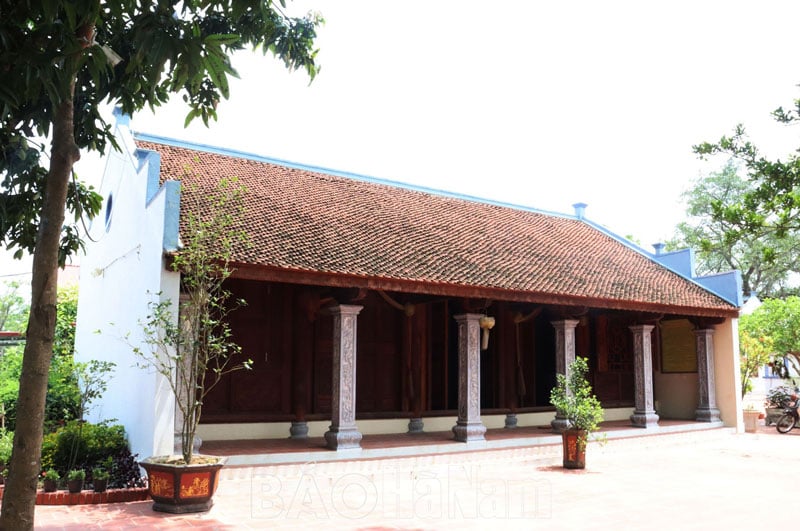
This is the first Indochinese Communist Party cell of Duy Tien town, the third cell of Ha Nam province. The establishment of the Indochinese Communist Party cell at Tong Su school in the grounds of De Tu temple is an important milestone in the history of the revolutionary struggle of the Party Committee and people of Duy Tien in particular, and Ha Nam province in general. This is the predecessor of the Duy Tien town Party Committee today, laying the foundation for the revolutionary movement of the whole town throughout the revolutionary process of the Party Committee and people of Duy Tien town. This event also made Duy Tien the revolutionary center of Ha Nam province.
In order toeducate the historical, cultural and revolutionary traditions of Ha Nam homeland to cadres, party members and people of the town, in recent years, with the attention of the Party Committee, People's Council and People's Committee of Duy Tien town, De Tu temple and auxiliary works, such as: Van Tu temple, memorial house have been renovated, embellished and built spaciously. In 2019, on the foundation of the Van Tu temple's front hall, the people of Tuong Thuy village, Trac Van commune built 5 traditional houses in the traditional style to display and introduce the historical, cultural and revolutionary traditions of the homeland, the birth of the first Indochinese Communist Party cell of Duy Tien town.
Every year, on the occasion of major holidays and important events of the country and homeland, the Party Committee and government of Duy Tien town together with the Party Committee, government and people of Trac Van commune organize incense offering at the relic. At the same time, they organize working delegations to visit and encourage veteran revolutionaries; pre-uprising cadres, Vietnamese Heroic Mothers, etc. to show gratitude for the contributions to the revolution of previous generations. Along with activities to review the revolutionary history, every year at De Tu temple, the leaders and people of Tuong Thuy village also organize activities to honor and commemorate the gods worshiped at the temple, such as the Confucius Saint Festival and the death anniversary of De Tu Mother (the local Mother).
Currently, the De Tu Temple still preserves many valuable objects of worship and artifacts, such as: Two stele tablets, statues of the Mother Goddess, large characters, scrolls, votive doors, altars... which increase the value of the relic. In particular, the stone stele placed on the left side of the Van Tu rear palace is named "Tuong Lan village van tu bi ky" (Stele recording the Van Tu village). The stele praises the education of Confucius; in addition, the stele also provides information about the location, scale, and restoration process of the Van Tu of the royal edicts and the Tu Van Association of Tuong Lan village. The stele was engraved in the 32nd year of Tu Duc (1879). The stele placed on the right side of the Van Tu rear palace was engraved on the last day of winter, the 32nd year of Tu Duc (1879). The stele's content shows the list of dignitaries and members of the Advisory Council who donated money and fields during the renovation and embellishment of the village's Temple in the year of Ky Mao, the 32nd year of Tu Duc's reign (1879). The statue of the Fourth Mother in the back palace of the Fourth Temple has a cheerful appearance with a round face, a small nose, half-open eyes, and a slight smile. All of her features exude a gentle, graceful yet dignified and respectful look.
With its outstanding historical and cultural values, De Tu Temple has been recognized as a provincial historical relic. In recent years, De Tu Temple has welcomed many delegations from the province and localities of Duy Tien town to learn and visit. Extracurricular classes and Party awareness training classes of Duy Tien town have come to visit and listen to the introduction of revolutionary history, the revolutionary life of comrade Nguyen Huu Tien and other senior revolutionary cadres at the traditional house of De Tu Temple.
To promote the value of the historical revolutionary event of De Tu Temple, in the coming time, Duy Tien town has a policy to effectively implement the work of preserving and promoting the value of the memorial site of this event. In particular, focusing on propaganda and introducing the event of establishing the first Indochinese Communist Party cell of Duy Tien town, about comrade Nguyen Huu Tien on the central and local mass media; placing a stele introducing the event at De Tu Temple; organizing the exhibition to complete the Traditional House in the grounds of De Tu Temple; organizing tourist routes to visit the relics of comrade Nguyen Huu Tien in connection with other historical revolutionary relics of Ha Nam province.
Chu Binh
Source: https://baohanam.com.vn/que-huong-nui-doi-song-chau/noi-thanh-lap-chi-bo-dong-duong-cong-san-dang-dau-tien-cua-duy-tien-131397.html


![[Photo] General Secretary To Lam meets with the Group of Young National Assembly Deputies](https://vphoto.vietnam.vn/thumb/1200x675/vietnam/resource/IMAGE/2025/6/24/618b5c3b8c92431686f2217f61dbf4f6)


![[Photo] Close-up of modernized Thu Thiem, connecting new life with District 1](https://vphoto.vietnam.vn/thumb/1200x675/vietnam/resource/IMAGE/2025/6/24/d360fb27c6924b0087bf4f288c24b2f2)
![[Photo] The 9th Party Congress of the National Political Publishing House Truth](https://vphoto.vietnam.vn/thumb/1200x675/vietnam/resource/IMAGE/2025/6/24/ade0561f18954dd1a6a491bdadfa84f1)

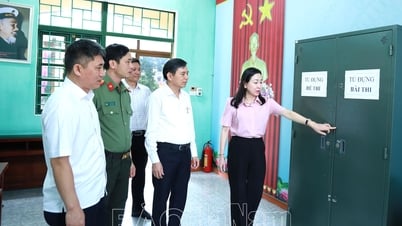

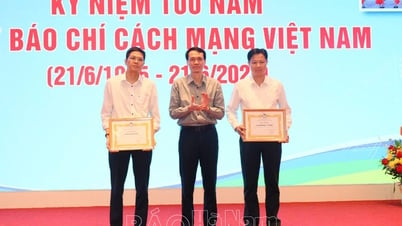
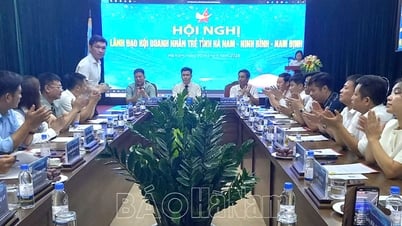
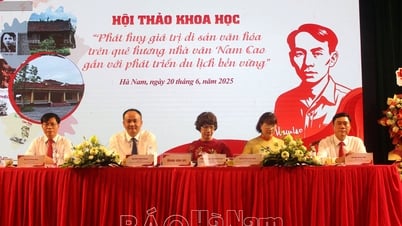
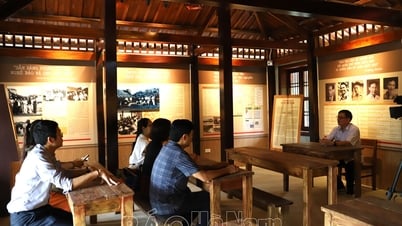






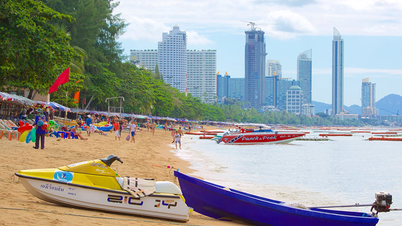
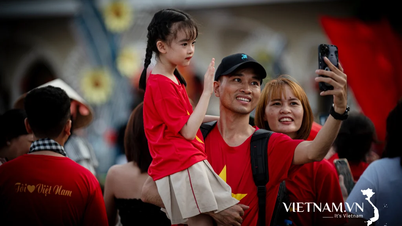
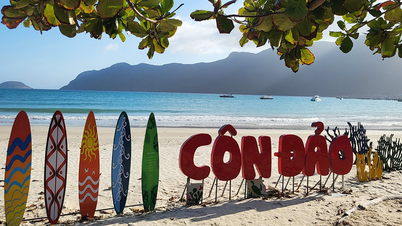
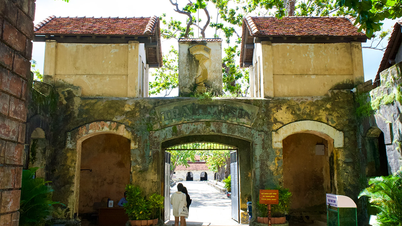

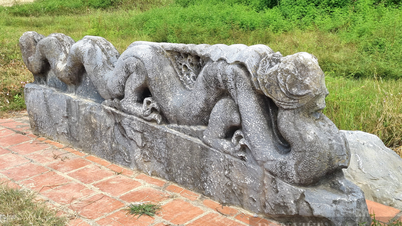

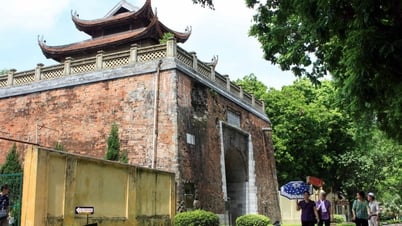

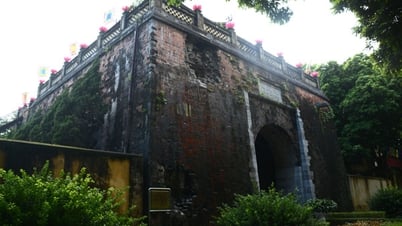

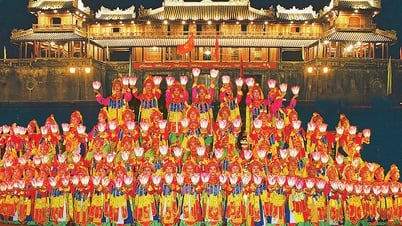



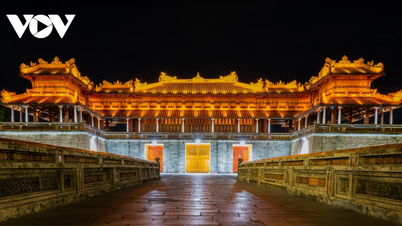

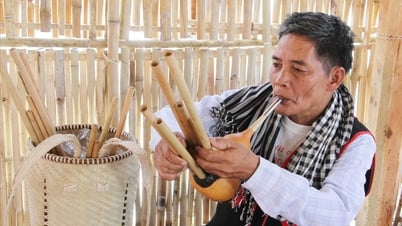





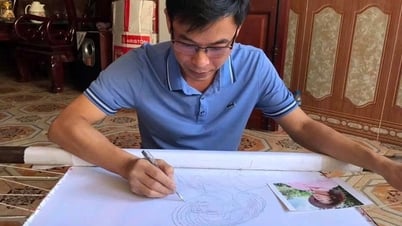
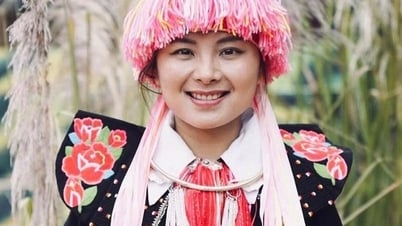



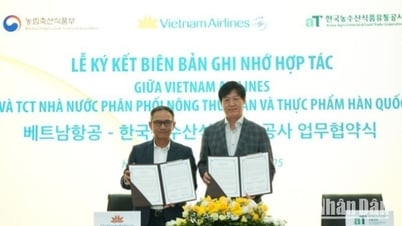

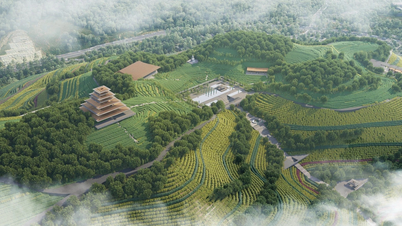















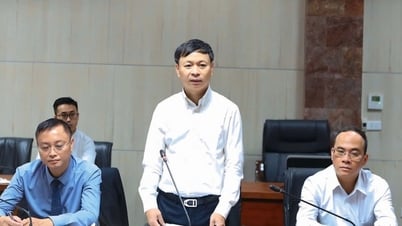

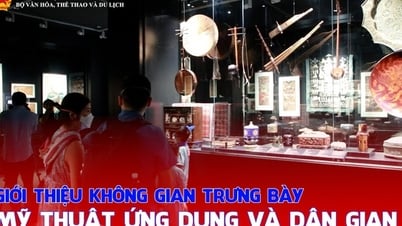

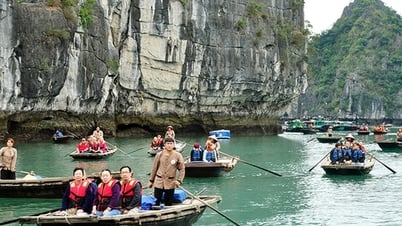
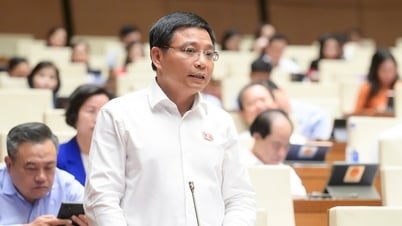
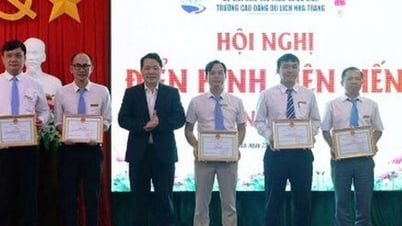
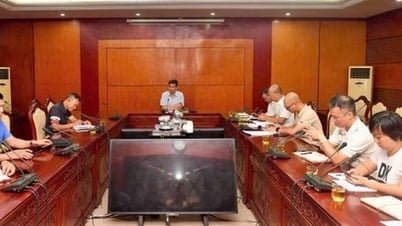
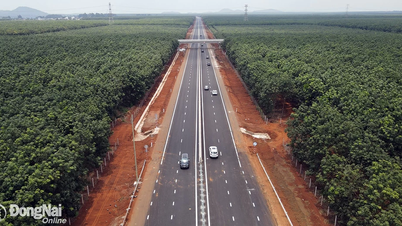

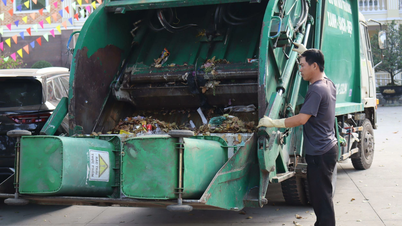
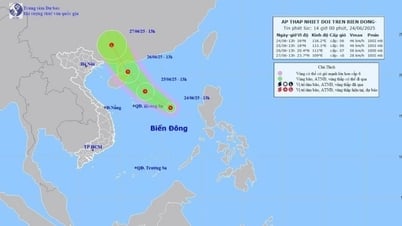

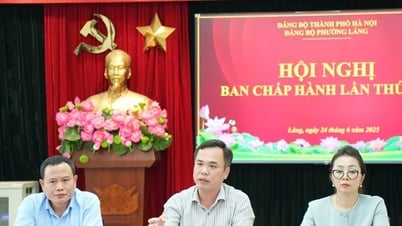

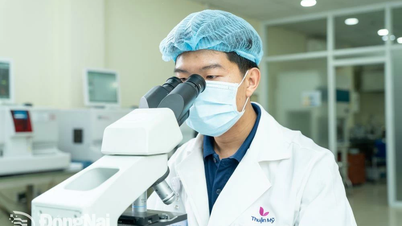
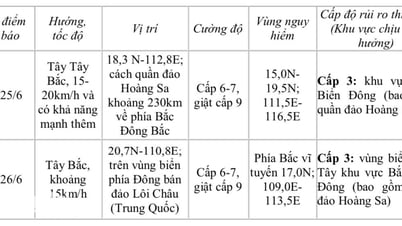
















Comment (0)